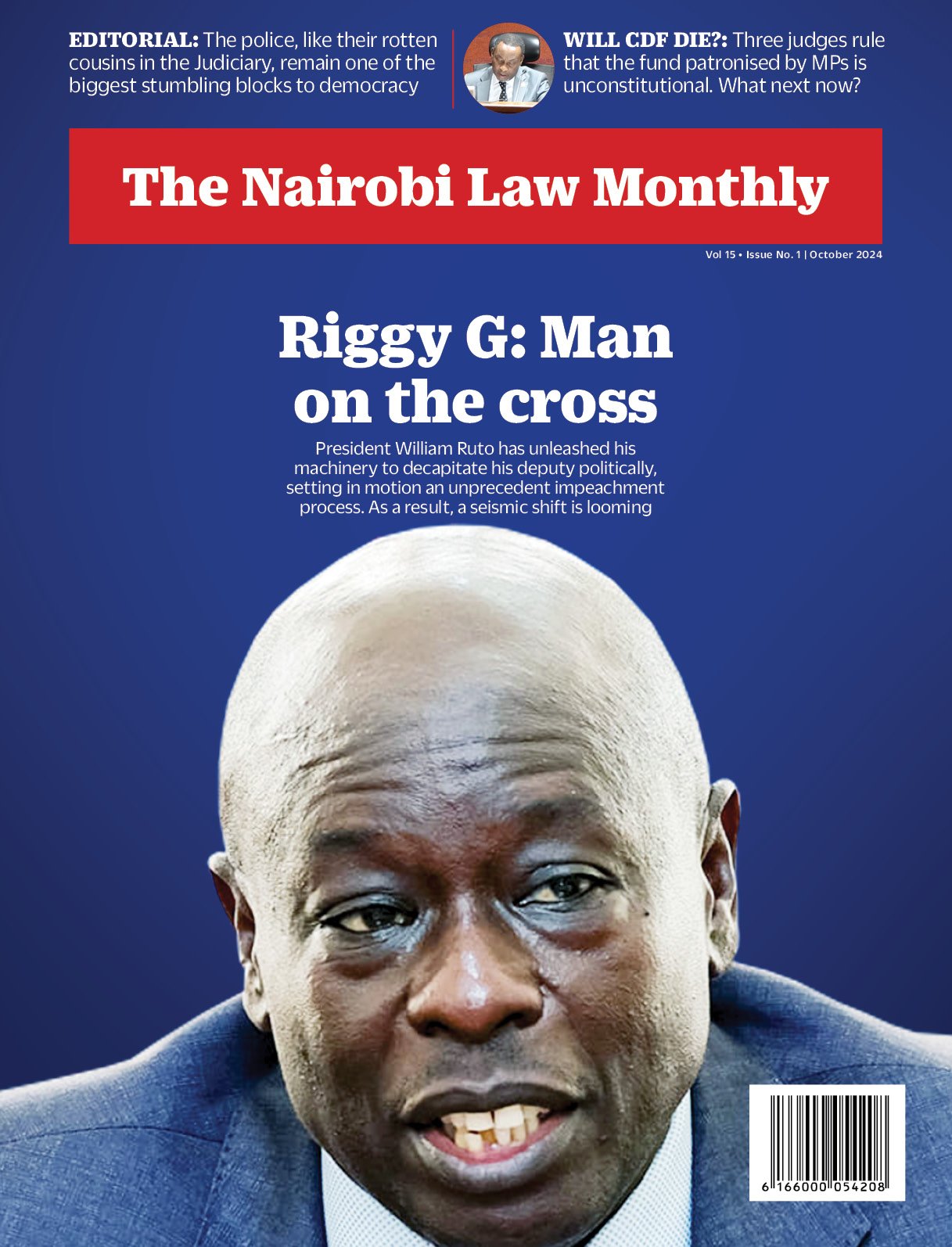By Prof John Harbeson
These are troubling times for democracy, not only for Kenya but throughout Sub-Saharan Africa and the world. Gauging the quality of democracy is no easy task because reasonable minds can and do differ on the relative importance of particular criteria as they can and do on how well any individual criterion has been met. That said, there’s a fairly widespread consensus among scholars and practitioners alike that the quality of democracy worldwide has been slipping gradually but noticeably over the last several years, globally, in sub-Saharan Africa and, yes, in Kenya.
Freedom House has long been perhaps one of the most respected assessors of democratic performance among the more than 200 countries worldwide. Freedom House places countries in three categories: free, partially free, or unfree based on assessments of the quality of their electoral processes, political inclusiveness, governmental transparency, and how well they uphold freedom of expression, freedom of association, the rule of law, and personal liberties like freedom to marry and travel as one chooses.
Scores on these seven criteria are based on twenty-five indicators each of which is assessed on a scale of zero to four. Worldwide averages have slipped from 61 out of 100 to 58, and in the last three years, while sub-Saharan Africa scores have held steady around 44 – both in the partially free range. In the eight years since passage of its widely applauded model 2010 constitution, Kenya scores rose from 52 to 56 the year its passage before dropping to its current 48, slipping noticeably on all seven criteria although still slightly above average for the region.
What accounts for Kenya’s declining democratic performance from its highwater level immediately following passage of the Constitution?
This is a question well worth a comprehensive study that would include both expert appraisal and a sampling of public opinion, perhaps as a basis for sorting which amendments might be most in order after nearly a decade under the 2010 constitution. One set of factors has been incomplete implementation of the Constitution’s provisions after nearly a decade. One of the most prominent in this category has been failure to implement the requirement of gender diversity in Parliament.
A second troubling category of reasons has been the failure of government under a new constitution to ameliorate longstanding entrenched malpractice. The most notable in this category has been that notwithstanding welcome recent official initiatives to root out high profile corruption, the scale and scope of corruption in the country has remained a well-recognised fact of life in Kenya. The World Bank’s corruption control index places Kenya 30th among sub-Saharan African countries with a score of 17 out of 100, below the continental average of 30 and the worldwide average of 50. Also in this category has been Kenya’s continuing failure to accomplish certifiably free and fair national elections in 2013 and 2017.
A third set of explanations for the downward global democratic trajectory may or may not have regional or country-specific applications. One observation in this category is that some country leaders, less than enamoured of democracy, have gained skill and learned from each other how to weaken democracy without frontally destroying it by measures weakening independent print and broadcast media and by limiting the work of democracy-promoting civil society organizations. Fourth, a broader hypothesis is that the political and socioeconomic well-being of citizens at the grassroots in global south countries has advanced most in eras when global political rivalries have been least all-consuming, i.e., the period of east–west détente in the 1970s and in the decade of the 1990s following the end of the Cold War.
A fifth explanatory hypothesis arises from tracking revolutionary current changes in Ethiopia, attributing democratic malaise to the prevalent fragility of most African states. At independence, nationalist leaders negotiated their coming to power with departing colonial powers unavoidably pre-empting the opportunity to rebuild their inherited colonial states. They bypassed the core question of on what terms, if any, peoples grouped together by the colonial powers could acquiesce in being governed together as post-independence states, a problem distinct from establishing constitutions determining how peoples are to be governed once those terms are established.
Ethiopia alone now has both the option and urgent imperative to find democratic means to build a post-imperial state from the ground up as well as perhaps to democratically revise its Constitution. This is because it has no colonial state inheritance to wrestle with, but only its own legacy as an African empire to dispatch and replace. The EPRDF regime and its military predecessor have largely accomplished the former since the deposing of the country’s last emperor, Haile Selassie, in 1974, while ruling autocratically rather than addressing the latter. New prime minister Abiy’s regime now seeks to fill that political void by, finally, orchestrating building a truly post-imperial Ethiopian state.


